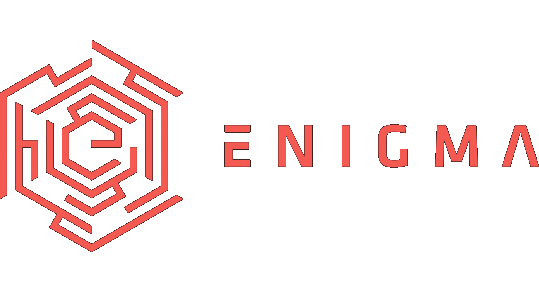Matt Jones, Software Engineer, WhatsApp
End-to-end encryption, which protects message content so that only the sender and recipient can access it, is gaining popularity in messaging applications. At the same time, there is some concern about potential deleterious effects on spam detection systems. At WhatsApp we have successfully launched such "e2e" encryption for over 1 billion people—while also reducing the amount of spam they receive. This talk will discuss techniques we've found successful for preventing spam without access to message content, and some of the challenges we faced along the way. It should help dispel concerns that e2e encryption necessarily means reduced effectiveness of spam detection.
Matt Jones, Software Engineer, WhatsApp
Matt Jones leads the anti-spam engineering team at WhatsApp, focusing on scalable ways to detect and prevent abuse for 1 billion users. Prior to that, he spent seven years at Facebook working on anti-abuse systems, from reverse-engineering malware and building high-throughput classification systems to defending new products and leading teams in California and London. Along the way, he's protected against malicious ISPs, compromised telephone carriers, and numerous spammers. Before Facebook, Matt earned his BS in Computer Science at Stanford University.
Open Access Media
USENIX is committed to Open Access to the research presented at our events. Papers and proceedings are freely available to everyone once the event begins. Any video, audio, and/or slides that are posted after the event are also free and open to everyone. Support USENIX and our commitment to Open Access.

author = {Matt Jones},
title = {How {WhatsApp} Reduced Spam while Launching {End-to-End} Encryption},
year = {2017},
address = {Oakland, CA},
publisher = {USENIX Association},
month = jan
}



